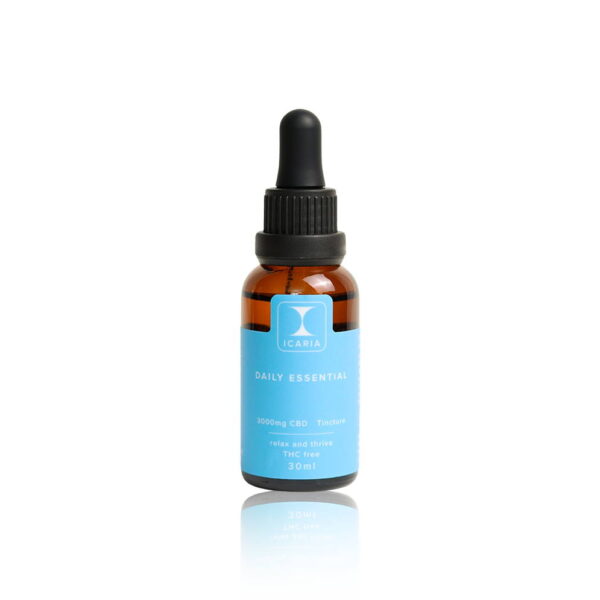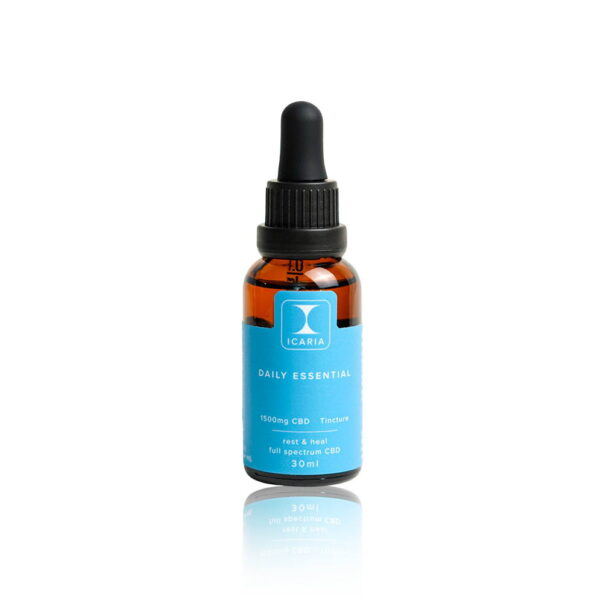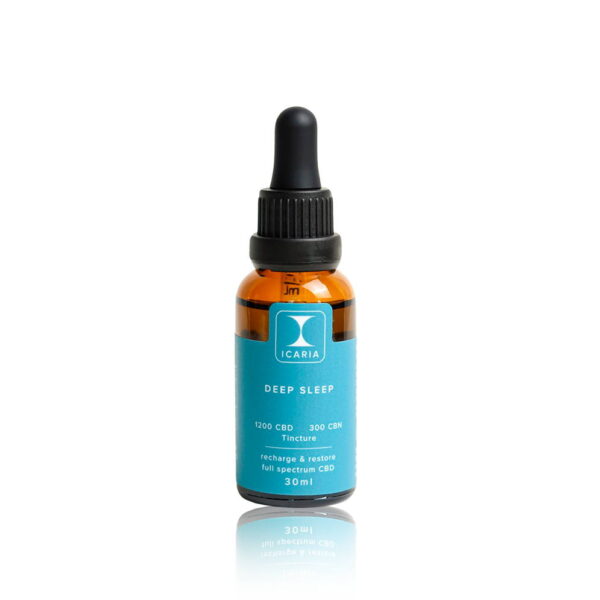What Does Science Say About CBD Oil and Dementia?
An estimated 597,000 Canadians live with dementia. This is expected to increase by 60% in 2030 and will affect about 955,900 Canadians.
Dementia has no known cure. As the disease progresses, its symptoms will also continue to worsen. To delay disease progression, doctors prescribe medications.
But while medications help manage dementia symptoms and delay progression, they also produce adverse side effects. These include but are not limited to:
- Nausea and vomiting
- Sleep issues
- Dizziness
- High blood pressure
- Headaches
Nowadays, some people are using CBD oil for dementia. A popular alternative health supplement, people find CBD oil not only effective but safe as well.
So, how can someone with dementia benefit from CBD oil?
What is Dementia?
Dementia is the progressive loss and damage of neurons or nerve cells in the brain. This results in several neurological symptoms, depending on which part of the brain is damaged the most. The most common dementia symptoms include cognitive problems like:
- Progressive memory loss
- Problems communicating with others
- Difficulty in solving problems
- Disorientation as well as confusion
- Problems organizing and planning things
- Motor problems
People with dementia may also develop mental health issues such as anxiety, depression, mood and behaviour issues, inappropriate behaviour, and agitation. They can also suffer from paranoia and hallucinations.
The exact cause of dementia remains unknown, but age and genes play an important role. Environmental factors like poor diet, exercise, smoking, alcohol, and head trauma also contribute to the development of dementia. Chronic health problems like diabetes and heart problems also increase the risk.
All these factors can cause low-grade inflammation, which ultimately affects the brain. Researchers found that low-grade neuroinflammation damages the neurons and speeds up brain aging, resulting in cognitive impairment.
How Does CBD Offer Neuroprotection?
CBD isn’t a cure for dementia. But it has a lot of properties that can help relieve many of its symptoms. CBD also has a neuroprotective effect that helps protect the brain from the damaging effects of dementia.
So, how does CBD offer neuroprotection? And is it a safe compound to use for dementia?
CBD Helps Reduce Brain Inflammation
CBD functions as a powerful anti-inflammatory compound. It helps reduce inflammation in many ways.
One, it acts on the cannabinoid receptor type 2, the main function of which is to regulate the body’s immune response.
Two, it also activates other non-cannabinoid receptors that modulate the immune system. These include the peroxisome proliferator-activated, vanilloid, adenosine, and serotonin receptors.
CBD’s activation of these receptors prompts the cell death of these abnormal immune cells. The cannabinoid also prevents the immune cells from sending signals to other immune cells to flock to the site. These effects help reduce neuroinflammation and improve dementia symptoms.
CBD Acts as an Antioxidant
Cellular damage, especially of the mitochondria, prompts the release of free radicals. High levels of free radicals cause oxidative stress, and oxidative stress plays a role in the development of dementia. Not only do they cause more cellular damage but also increase neuroinflammation.
Now, CBD acts as a powerful antioxidant. It “lends” some of its electrons to the free radicals, and binding to these free radicals deactivates them and lessens their damaging effects.
In addition to this, CBD’s activation of the non-cannabinoid receptors also promotes balance between the antioxidant and oxidant levels.
CBD Relieves Anxiety and Depression
38% to as high as 72% of people with dementia also suffer from an anxiety disorder.
68% to as high as 75% of those with dementia and anxiety disorder have a major depressive disorder.
CBD doesn’t bind well to the cannabinoid receptor type 1. This cannabinoid receptor plays a role in modulating fear, anxiety, stress, mood, and emotions. However, CBD can dock on another site found on the cannabinoid receptor type 1 and produce a calming effect.
In addition to this, CBD also stimulates the cannabinoid receptor type 2. This effect reduces neuroinflammation, which contributes to the development and worsening of anxiety and depressive disorders.
CBD also acts on several non-cannabinoid receptors that modulate these biological responses, especially the serotonin receptor.
These CBD effects help relieve anxiety and depression in people with dementia.
CBD Improves Blood Flow in the Brain
Reduced blood flow can increase the risk of developing dementia. Called vascular dementia, the brain cells are deprived of their much-needed oxygen. Not only does this damage the brain cells but also kills them, resulting in dementia symptoms and other neurological problems.
Now, CBD can increase blood flow in the brain, especially in the hippocampus region. This region plays a vital part in memory and learning. This effect can benefit disorders that affect memory like dementia, Alzheimer’s, post-traumatic stress disorder, and schizophrenia.
Is CBD Safe for People with Dementia?
Yes, CBD has a good safety profile. It doesn’t negatively impact our physiological parameters, which include:
- Blood pressure
- Body temperature
- Heart rate
- Respiratory rate
How to Use CBD Oil for Dementia
CBD oil is more of a personalized treatment. You’ll need to find the best dosage that can meet your needs and improve your symptoms. But to make it easier for you, especially if you’re new to CBD oil, you can try our chart to get the best dosage:
- For mild symptoms, use 5 to 10 drops or about 6.25 mg to 12.5mg of CBD each day.
- For moderate symptoms, take 15 o 20 drops or about 18.75 mg to 25 mg of CBD daily.
- For severe symptoms, use 20 to 40 drops or about 25 mg to 50 mg of CBD per day.
- If you want extra-strength CBD oil, then take 80 drops or about 100 mg of CBD a day.
Final Thoughts — Can You Use CBD Oil for Dementia?
Dementia can be pretty debilitating, especially as the disease progresses and the symptoms worsen.
Using CBD oil for dementia can help. It eases many symptoms associated with the disease, and it’s also safe to use.
But before using CBD oil for dementia though, we recommend speaking with your primary care physician first. This is especially important if you’re taking maintenance medications since CBD is known to interact with drugs like warfarin.







